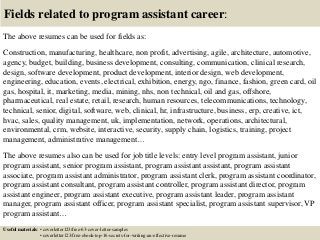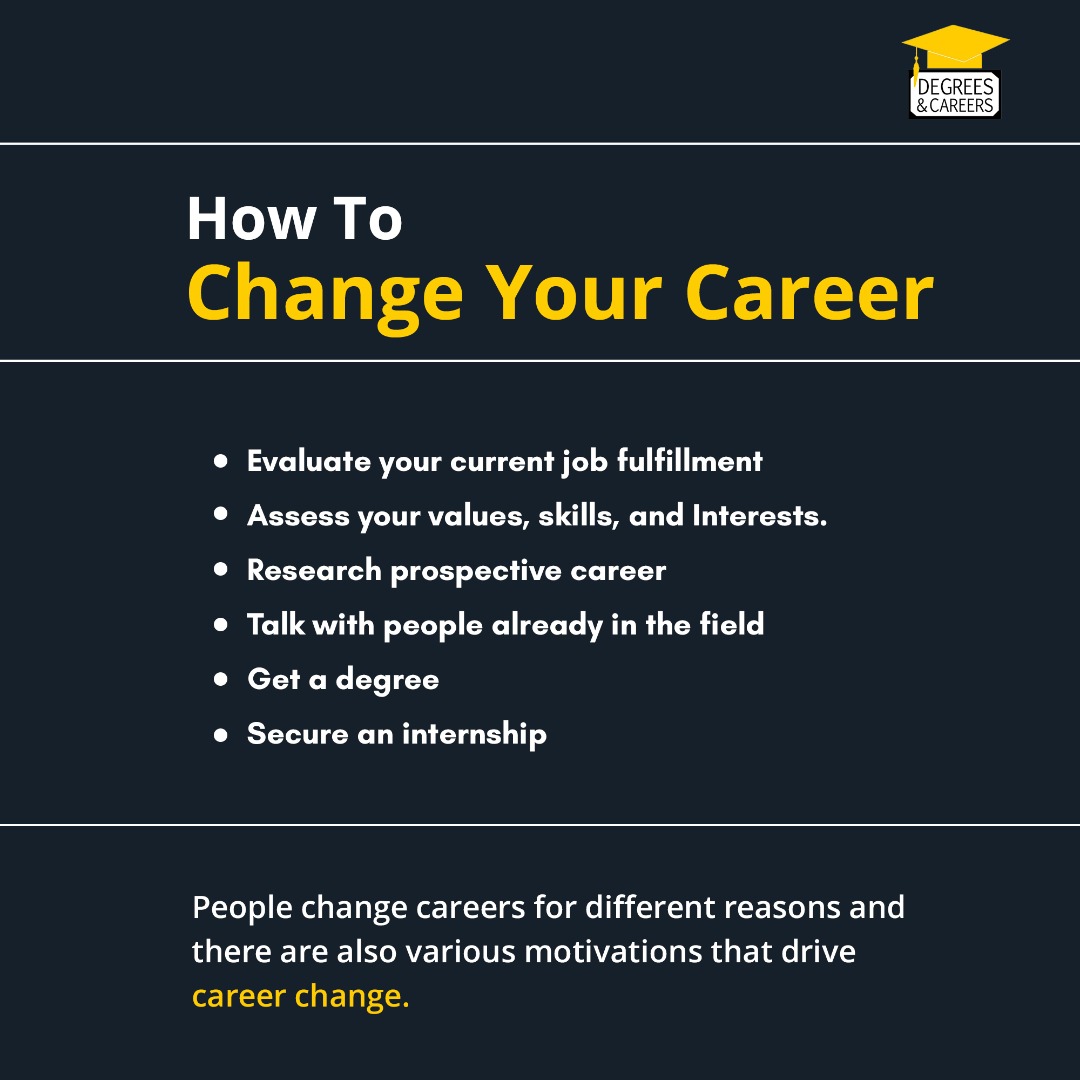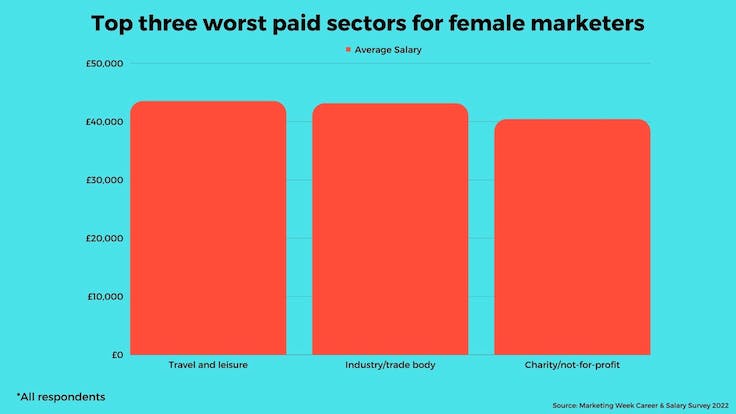
Employers are less likely to hire older workers than younger ones because they worry that they won't be as creative, innovative, collaborative, or open-minded. You can counter ageism whether you're looking for your next job, or if you're already employed. The following are some common misconceptions about older workers and how you can combat them.
Employers worry about older workers not being open-minded.
Employers worry about older workers. Some are unfounded while others are grounded in reality. We are prone to believe and to generalize. It is therefore important to be clear about the facts before we get carried away by negative perceptions.
Employers increasingly seek open-minded employees who are able to coach and collaborate. Studies show that these employees are more likely help companies succeed. They are also more dependable. While this might sound obvious, age discrimination is a very real problem in our country.

Employers are concerned about older workers because they may not be able to adapt to modern work environments. There are ways employers can combat this myth. They can show older workers that they are open to learning new things and are able to adapt to work.
Ways to combat ageism in a job search
Many older workers find that ageism can be a problem, making it difficult for them to find the right job. Statistics show that two out of every three workers between the ages of 45 and 74 have experienced ageism at some point in their career. Many believe that the only problem with ageism is older workers. However, it can affect anyone at any age. Ageism is a form of discrimination that excludes older workers from certain positions and salaries. There are many ways to combat ageism during a job search.
Understanding ageism and its impact on job search is the best way to combat it. Many firms make untrue assumptions about your age or experience which can make your job applications and interviews look less appealing. Keep your age under control and avoid age-related mistakes.
Myths about older workers
The stigma associated with older workers is well-known. However, it is not true. Despite many stereotypes, older workers are still incredibly capable of learning new skills and advancing their careers. Many people in their 40s or 50s are changing careers and taking online courses to enhance their skills. Additionally, older workers are twice likely to stay employed than younger workers.

Although many job hunters think employers only hire the talented and young, recent labor statistics indicate that there are more older workers being hired. Another misconception regarding older workers is that they're less productive or efficient. This perception has led to many job seekers believing that they won't be able to get past the first hurdle in their job search.
Research shows that older workers are able to learn and improve their skills, and they can be more flexible than younger workers. One study concluded that older workers are more adept at solving problems than younger workers. Moreover, they use their wealth of experience to develop effective problem-solving strategies.